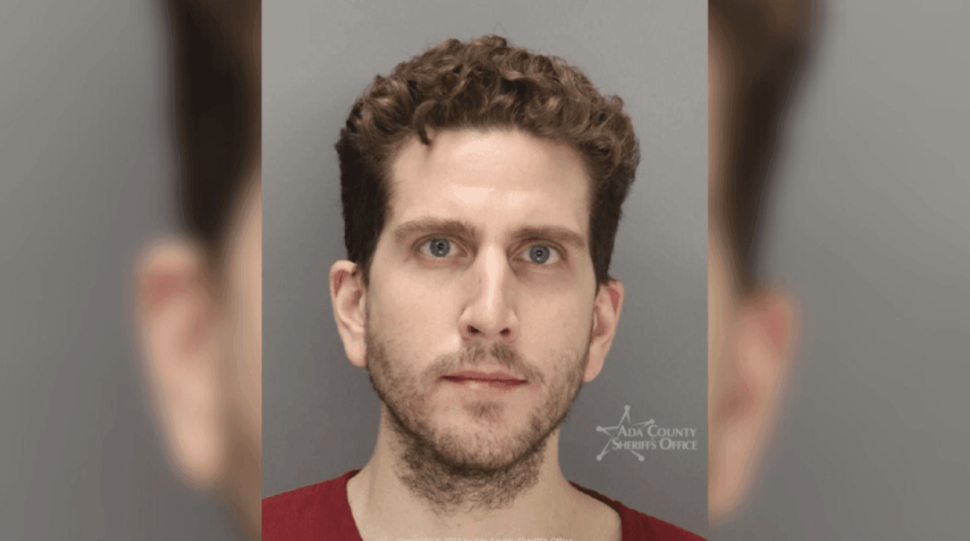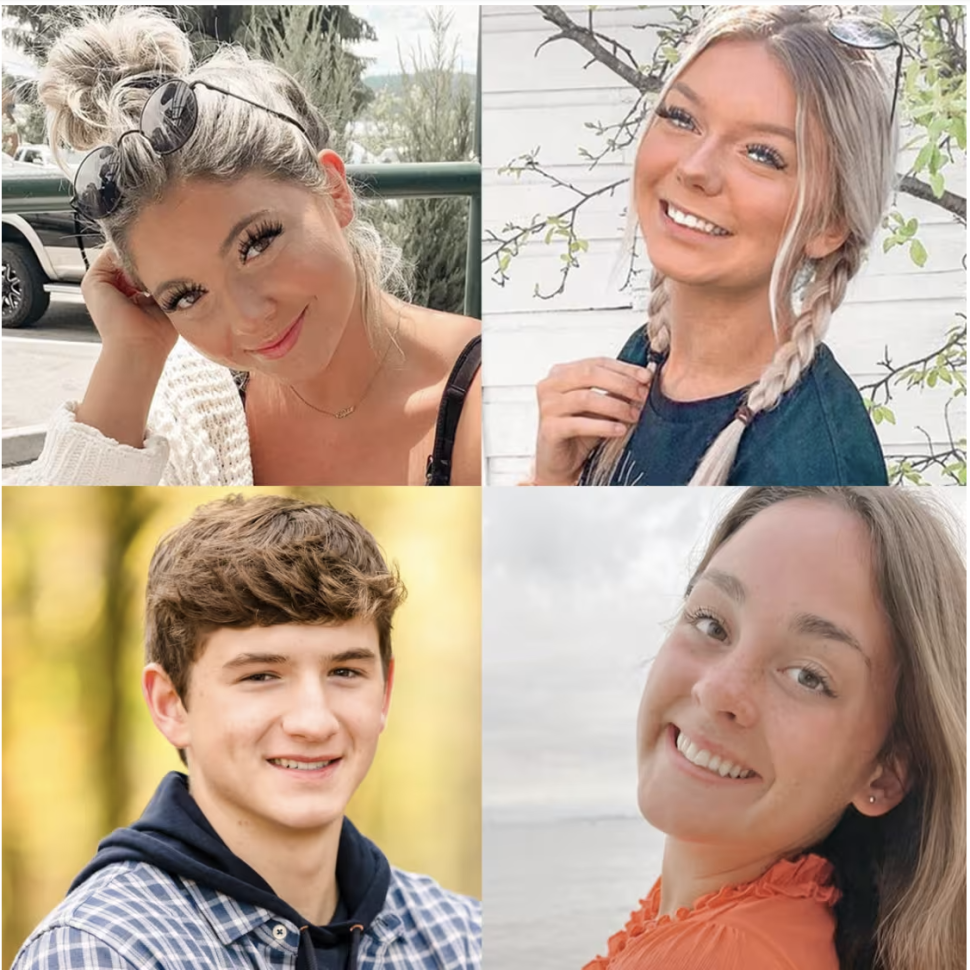
A precedent-setting decision in the Idaho college murders case is expected this week, as the judge will rule on the use of genetic genealogy evidence that prosecutors say links Bryan Kohberger to the brutal crimes.
Kohberger, a former criminology PhD student, faces charges in the November 2022 murders of four University of Idaho students: Kaylee Goncalves, Madison Mogen, Xana Kernodle, and Ethan Chapin. His attorneys argue that the use of investigative genetic genealogy (IGG) to pinpoint him as a suspect raises constitutional and scientific concerns.
"Investigative genetic genealogy is an effective tool," forensic expert Tiffany Roy told the Union Leader. "But the question is, does it violate civil rights?"
Prosecutors allege DNA on a knife sheath found at the crime scene matches Kohberger's genetic profile and ties him to the murders. Kohberger's defense claims the process by which law enforcement initially identified him, using IGG, violates privacy rights.
The controversial technique involves uploading DNA to genealogy websites to trace potential relatives and narrow down suspects. Although prosecutors argue the DNA evidence ultimately came from a direct swab of Kohberger's cheek, the defense maintains the method used lacks transparency.

"The argument for the defense as to why the DNA should be thrown out is less about the result pointing to Bryan Kohberger but more about the science," said ABC6 Action News legal analyst Brian Buckmire.
In a court filing, prosecutors maintain IGG only guided investigators toward Kohberger and was not material evidence. Yet, Kohberger's legal team insists that lack of disclosure undermines his right to a fair trial.
Anne Taylor, Kohberger's lead public defender, questioned how police zeroed in on him at a hearing last month: "The clear picture that I'm concerned about is the state's pathway of how Bryan Kohberger comes to their attention and is identified." The issue, his defense added, could shape new case law.
Judge John Judge has granted Kohberger's team partial access to FBI records on IGG, as reported by the Union Leader. Forensic experts suggest this could spark nationwide debates about the balance between novel investigative techniques and privacy rights.
David Gurney, a legal scholar and director of the IGG Center, noted the defense's access to such detailed IGG records is unprecedented. He explained that the outcome of these proceedings could set a new standard for how genealogy data is utilized in criminal investigations.
Bryan Kohberger has maintained his innocence with a not-guilty plea. His legal team has also submitted a petition requesting the unsealing of evidence and public hearings.




